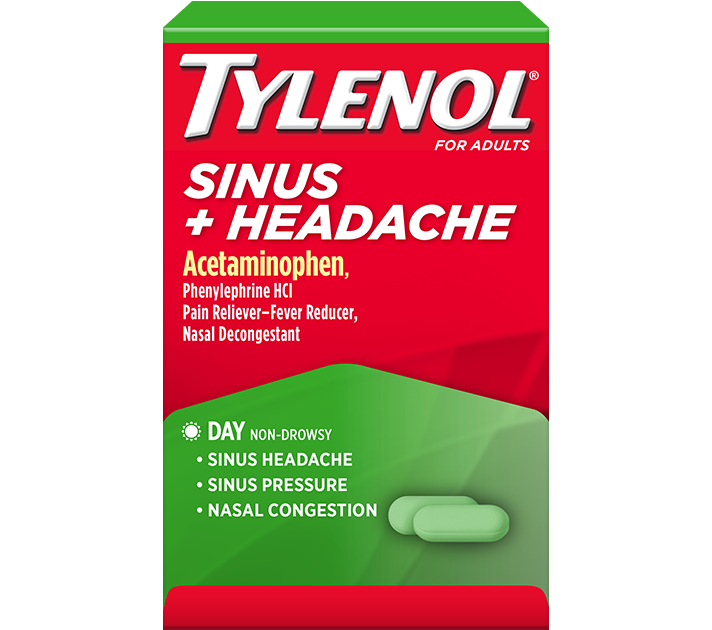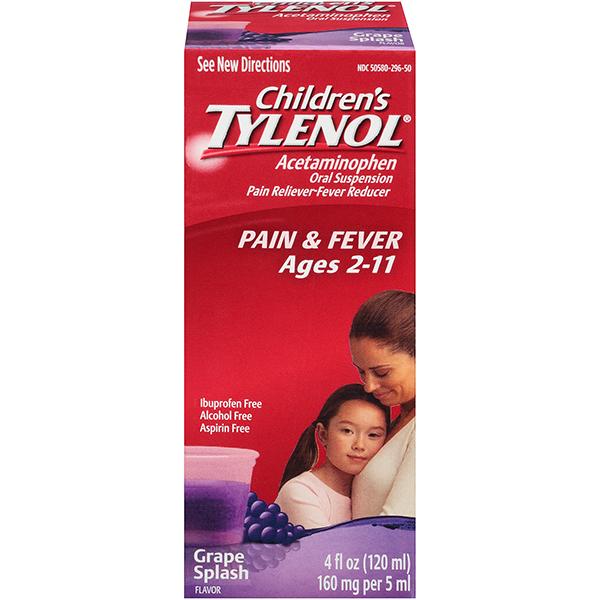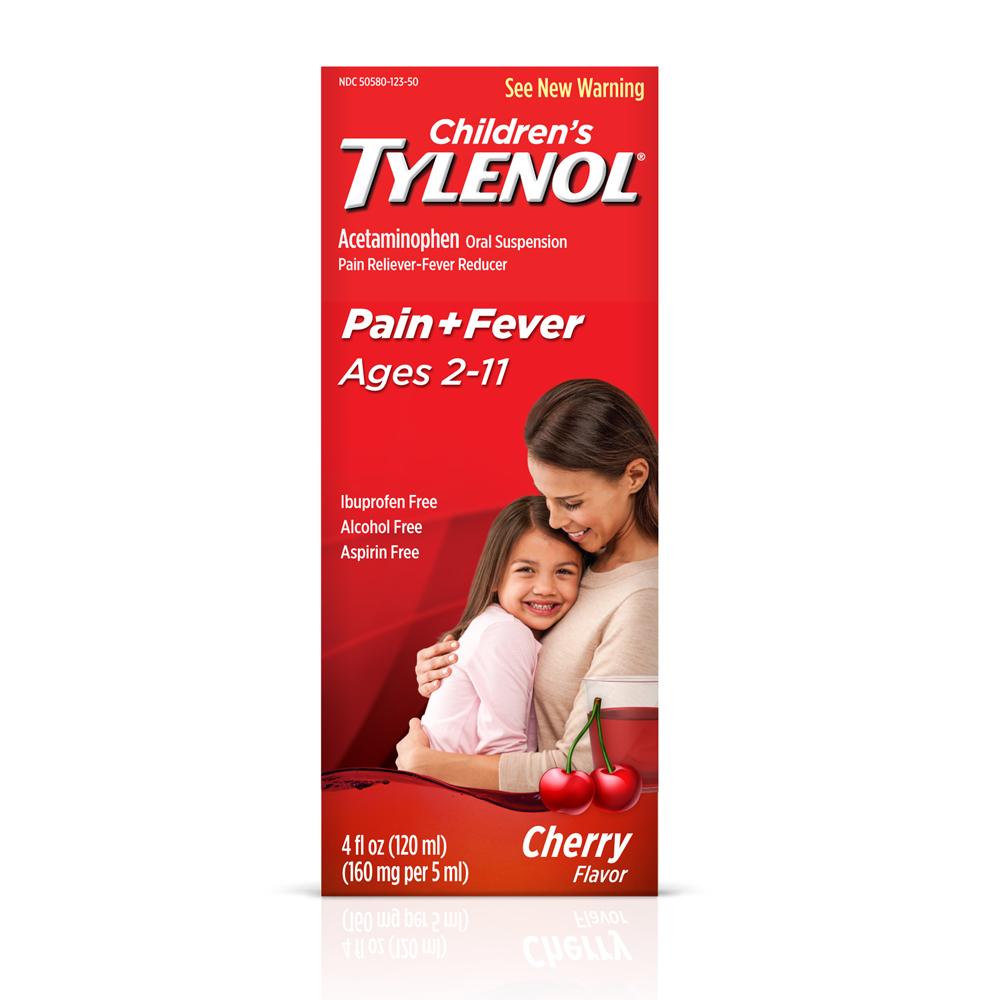Other Causes Of Earache Or Ear Pain
Ear discomfort may be due to pain from a nearby structure that that radiates to the ear:
- TMJ pain. The temporomandibular joint, where the jaw attaches to the skull, is located adjacent to the external ear canal, and inflammation of this joint may be associated with ear pain. TM joint pain may be due to trauma or arthritis. Teeth grinding may cause irritation and ear pain as well.
- Sinusitis may be associated with increased pressure within the middle ear, causing pain.
- Dental problems and toothaches may radiate pain to the ear area.
- Mastoiditis. The mastoids are bony prominences of the skull filled with air cells and are located behind the ear. Infection of these areas may cause ear pain.
- Pharyngitis and tonsillitis may cause pain that radiates to the ear. A peritonsillar abscess will often result in ear pain in addition to difficulty opening the mouth and difficulty swallowing.
- Thyroid inflammation and carotid artery pain may also be associated with ear pain
- Trigeminal neuralgia. Inflammation of the fifth cranial nerve may cause significant facial pain including ear pain.
- Tinnitus. While not truly pain, ringing in the ear may cause significant discomfort
- Barotrauma describes injury to the ear because an acute change in pressure within the middle and inner ear. This may include changing pressures from flying in an airplane, scuba diving or snorkeling, or trauma due to a blast injury. Damage may occur to any or all of the eardrum, middle and inner ear.
How Is An Ear Infection Treated
- If a child doesnt have too much discomfort or a high fever, the doctor will likely wait 24 to 48 hours to see if the ear infection gets better on its own. If the child does not improve or gets worse, you should take them back to the doctor.|
- You childs doctor will prescribe antibiotics if:
- your child is moderately to severely ill with a high fever ,
- your child has severe pain,
- the condition has not improved for 48 hours, or
- the ear canal has new fluid.
For an uncomplicated ear infection, children between 6 months and 2 years usually take an antibiotic for 10 days. Children over 2 years of age will take an antibiotic for 5 days.
The doctor might suggest acetaminophen or ibuprofen to reduce the childs pain. Only give ibuprofen if your child is drinking reasonably well. Do not give ibuprofen to babies under 6 months old without first talking to your doctor.
Do not give over-the-counter medications to babies and children under 6 years without first talking to your doctor. The only exceptions are medications used to treat fever, such as ibuprofen and acetaminophen.
Children usually feel better within 1 day of starting an antibiotic. Your doctor might want to see your child again to be sure the infection has cleared up completely. Fluid can remain in the middle ear without inflammation for a few weeks.
Can You Treat A Childs Ear Infection At Home
It usually takes one to two weeks for ear infections to resolve on their own. In most cases, ear infections are treated within three days and the symptoms, such as pain and inflammation, are usually gone. If you have symptoms during this time, you can use a warm compress or an over-the-counter pain medication.
Also Check: Are You Hungry In Sign Language
How Can Earaches And Ear Pain Be Prevented
Swimmer’s ear
Many cases of otitis externa may be prevented by decreasing the opportunity for water or moisture to enter the ear canal by taking the following measures.
- Carefully dry the ears after swimming or bathing
- Shake out excess water in the ear.
- Hold a hair drier on a low heat setting at least 12 inches from the ear
- Wear earplugs while swimming.
Pain in the outer ear also can be caused by putting objects into the ear canal.
- Do not use objects to clean the ear that may tear the skin. Most people have ears that are self-cleansing, and cleaning with a cotton-tipped swab is unnecessary and potentially harmful. People who have excess wax buildup should have it removed by a health-care professional who can remove the debris under direct vision using an otoscope or with ear irrigation.
- Occasionally, a foreign object such as an insect can cause inflammation and pain, and will need to be removed by a health-care professional.
Middle ear
- Minimize exposure of infants and children to others with colds or upper respiratory infections. This may require altering day care visit patterns.
- Avoid bottle feeding in the supine position.
- Babies who are breastfed for the first 6 months have a decreased risk of developing ear infections.
- Eliminate pacifier use after 6 months of age.
What Causes Ear Infections

Ear infections often happen in children with a cold, sore throat, or allergies. These cause the nose and throat to swell and block the tube that drains fluid out of the middle ear . Fluid backs up behind the eardrum, and germs spread to the middle ear. This can cause ear pain and fever. This type of ear infection is called otitis media . Fluid can also collect behind the eardrum but not cause pain or fever. This is called otitis media with effusion .
Don’t Miss: What Is Poop In Sign Language
Diagnosing An Ear Infection
To find out whether you have an ear infection, your doctor will use an otoscope to look for signs of infection inside your ear Such signs include:
- Bulging eardrum due to fluid and pus behind the eardrum the fluid buildup is called effusion.
- An eardrum responding less flexibly than normal this is checked using a pneumatic otoscope.
- Cloudiness of the eardrum Usually the eardrum looks like a clear shower curtain, says Rosenfeld.
- Some loss of hearing but Rosenfeld says hearing tests are not helpful for diagnosing ear infection.
Tylenol Or Ibuprofen For Ear Infection
Ask U.S. doctors your own question and get educational, text answers â it’s anonymous and free!
Ask U.S. doctors your own question and get educational, text answers â it’s anonymous and free!
HealthTap doctors are based in the U.S., board certified, and available by text or video.
Also Check: How Do I Adjust The Volume On My Signia Hearing Aid
When Should I Call The Doctor
- has other serious medical problems,
- seems ill,
- vomits over and over,
- is younger than 6 months old,
- is older than 6 months old and has had a fever for more than 48 hours,
- has swelling behind the ear,
- is very sleepy,
- has a skin rash,
- isnt hearing well or at all,
- remains in a lot of pain despite at least one dose of acetaminophen or ibuprofen, or
- still has an earache after 2 days of treatment with acetaminophen or ibuprofen.
What Are The Best Home Remedies For Ear Infections
Since watchful waiting is a fairly common approach to treating ear infections, home remedies are popular for treating this common condition. There are many different sworn methods out there for treating everything from the earache or ear pain to the infection itself. However, it is important to remember that if untreated by a medical professional, some ear infections can result in a worsening condition such as a ruptured eardrum or hearing loss. Some of the commonly used home remedies for ear infections include:
- Cold or warm compress: Using a cold or warm compress on the affected ear can help reduce inflammation and alleviate pain. Patients may notice more success by alternating between both a cold compress and warm compress every 10 minutes or so. However, simply using one or the other should make some difference in the condition.
- Changes to sleep positions: Some ear infections are made worse by sleeping in a way that irritates the affected ear. By sleeping with the infected ear raised instead of down it can help relieve pressure and may allow it to drain more easily or prevent fluid buildup.
- Olive oil: While it is an older remedy, olive oil is said to have some soothing properties. It is used by putting just a few warmed drops in the patients ear. It may have some soothing benefits. However, given that it isnt a studied treatment for ear infections it might be a better option to use in combination with other home remedies.
Don’t Miss: How To Teach Yourself Asl
What Natural Or Home Remedies Soothe And Provide Earache Pain Relief
Earaches may often be treated at home. The goal is to decrease inflammation and pain.
Symptoms Of Ear Infections
- The main symptom is an earache.
- Younger children will cry, act fussy or have trouble sleeping because of pain.
- About 50% of children with an ear infection will have a fever.
- Complication: In 5% to 10% of children, the eardrum will develop a small tear. This is from the pressure in the middle ear. The ear then drains cloudy fluid or pus. This small hole most often heals over in 2 or 3 days.
Recommended Reading: What Is The Maximum Va Rating For Hearing Loss
When To Call The Doctor
Theres nothing wrong with waiting out an ear infection for a few days with supportive home treatment. But sometimes an ear infection clearly needs antibiotics or further treatment. You may need further medical treatment if you have a fever above 102.2 or if your symptoms seem to be getting worse.
If you have an ear infection and need answers, were always available to help. Contact us at either our Schererville or Chicago, Illinois, office.
You Might Also Enjoy…
When Should I Call My Doctor

- pain in an ear with or without fever
- lasting itching of the ear or in the ear canal
- loss of hearing or decreased hearing in one or both ears
- discharge from an ear, especially if it’s thick, discolored, bloody, or bad-smelling
Getting treatment is the fastest way to relieve the ear pain and to prevent the spread of infection.
Don’t Miss: Hungry In Asl
Who Is At Higher Risk For Ear Infections
- Children less than 5 years old, because they have shorter eustachian tubes.
- Children who attend daycare, because they tend to have more colds.
- Children with allergies.
- Children who are exposed to cigarette smoke. Smoke causes inflammation of the eustachian tube, making ear infections more likely.
- Children who were not breastfed. Breast milk has antibodies that help fight infections.
- Babies who are being bottle fed, especially if they swallow milk while lying too flat. Milk can enter the eustachian tube and cause inflammation, which increases the risk of an ear infection. Children should be held upright while drinking a bottle. When they are old enough to hold their own bottle well, they should be taught to drink from a regular cup and no longer given a bottle.
- Children with cleft palates, as their eustachian tubes are often inflamed.
- Children of First Nations and Inuit descent, though its not clear why.
What Can I Do To Feel Better
At home, follow your doctor’s directions for using ear drops and take all doses of antibiotic medicine as prescribed. Keep taking these for all days of treatment, even if you are starting to feel better. If you stop too soon, the infection could come back.
You can try acetaminophen or ibuprofen for ear pain. If they don’t help, your doctor might prescribe a stronger pain reliever. You’ll use this only for a short time until the ear drops and antibiotics begin to work.
To protect your ear while it heals, your doctor will probably tell you to keep your head out of water for several days or weeks even while showering or shampooing! This can be tough, but your doctor can give you suggestions on how to do this, such as using a cotton ball as an earplug.
Recommended Reading: Can You Make A Candle From Ear Wax
Can You Take Tylenol With An Amoxicillin Infection
Good luck to you. Yes you can , you wont notice a subsidence in the pain until at least the second dose of the antibiotic. Yes you can give amoxicillin and either tylenol or motrin. Its been awhile since Ive delt with ear infections, but if I can remember correctly the doctor always recommended giving tylenol to help keep the fever down.
Can A Child Fight An Ear Infection Without Antibiotics
Infections caused by bacteria are treated most often with antibiotics. Viruses, however, will not be treated for ear infections. The majority of children 6 months and older do not need antibiotics for any reason. The majority of ear infections can be treated on their own, but 20 percent of them cannot.
Read Also: Ear Wax Candle Tutorial
Severe Ear Pain From Ear Infection Can Only Take Tylenol Bc Surgery In 10 Days Not Much Relief Need Help For Pain Management
Thank you for your submission. Please note that a response does not constitute a doctor-patient relationship. This subreddit is for informal second opinions and casual information. The mod team does their best to remove bad information, but we do not catch all of it. Always visit a doctor in real life if you have any concerns about your health. Never use this subreddit as your first and final source of information regarding your question. By posting, you are agreeing to our Terms of Use and understand that all information is taken at your own risk.
I am a bot, and this action was performed automatically. Please contact the moderators of this subreddit if you have any questions or concerns.
Does My Child Need Antibiotics
Many ear infections will get better without antibiotics. If your child’s ear infection is mild, your doctor might want you to wait a few days to see if the infection gets better on its own. If your child does not feel better after two or three days, your doctor will prescribe an antibiotic. Children six months or younger and children with very bad ear infections will be given antibiotics right away.
Recommended Reading: Asl Sign For Hungry
How Long Does It Take For An Ear Infection To Heal
On average, an ear infection can last one to two weeks depending on where it is located and how it is treated. Middle ear infections tend to go away the fastest without treatment. Inner ear infections can last a few weeks. The use of antibiotics or other treatment methods can help speed up the healing process.
How Is Swimmer’s Ear Treated

Your doctor’s treatment for swimmer’s ear will depend on how severe the pain and the infection are. For most outer ear infections, your doctor may prescribe ear drops containing antibiotics possibly mixed with medicine to help improve swelling and inflammation. These will help fight the infection and ease swelling of the ear canal. Ear drops are usually given several times a day for 7 to 10 days.
If the opening into your ear is narrowed by swelling, your doctor may clean your ear and insert a wick into your ear canal to help carry ear drops into the ear more effectively. For a severe infection, you might also get antibiotic liquid or pills to take. Your doctor may send some of the fluid draining from your ear to a lab to help identify what type of germ is causing the infection.
You May Like: How To Say Sorry In Sign Language
How To Prevent Ear Infections
If you are prone to getting recurring ear infections, you may be able to prevent them. If you have allergies, use effective allergy treatments to prevent ear infections from developing. Wash your hands regularly, especially during cold and flu season.
Dont smoke and avoid secondhand smoke as much as possible. Smoking and secondhand smoke both contribute to the incidence of ear infections. In addition, keep up with your vaccinations, including the flu vaccine.
What Are The Symptoms Of Otitis Media
Symptoms of ear infection include:
- Ear pain: This symptom is obvious in older children and adults. In infants too young to speak, look for signs of pain like rubbing or tugging ears, crying more than usual, trouble sleeping, acting fussy/irritable.
- Loss of appetite: This may be most noticeable in young children, especially during bottle feedings. Pressure in the middle ear changes as the child swallows, causing more pain and less desire to eat.
- Irritability: Any kind of continuing pain may cause irritability.
- Poor sleep: Pain may be worse when the child is lying down because the pressure in the ear may worsen.
- Fever: Ear infections can cause temperatures from 100° F up to 104° F. Some 50% of children will have a fever with their ear infection.
- Drainage from the ear: Yellow, brown, or white fluid that is not earwax may seep from the ear. This may mean that the eardrum has ruptured .
- Trouble hearing: Bones of the middle ear connect to the nerves that send electrical signals to the brain. Fluid behind the eardrums slows down movement of these electrical signals through the inner ear bones.
You May Like: How To Say Angel In Sign Language